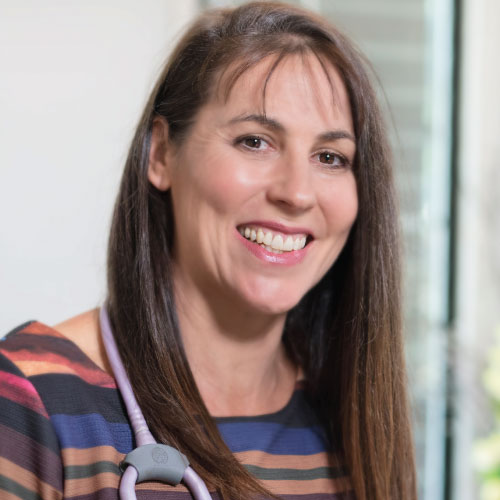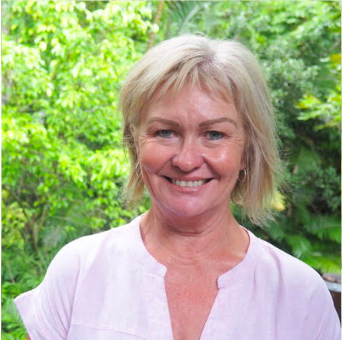Dr Georgina Hale
When Dr Hale decided on the name ‘Hale Health Medicine’, she wanted to pay tribute to her late parents, Betty and George Hale – Dr George Hale was a well-known and highly respected cardiologist in Melbourne. She says, “my parents provided a critically important foundation for me in order to develop the wherewithal to study so widely, and to continue to question so deeply about everything I learned. They were both an enormous inspiration and I am immensely grateful for everything they taught me, gave me and continue to inspire in me.”
Dr Hale gained her medical degree (MBBS) from Monash University, and after working briefly in emergency and family medicine, turned her attention to internal medicine board certification (FRACP). This required an additional eight years of hospital training, which included four years in infectious diseases and microbiology clinical work. After two years of Infectious Diseases specialist practice in the North Shore of Sydney, she turned her interest to a research position in Los Angeles. There, she completed two clinical studies on phytoestrogens (in midlife and menopause) at the Cedars Sinai Medical Centre in Los Angeles and then returned to Australia to complete a PhD in the ‘Hormonal Dynamics of Midlife and the Menopause Transition’ – her Midlife Women’s book based on her PhD is coming soon (late 2019).
Dr Hale says, “in addition to diagnosing and prescribing, I have always been interested in WHY at the most fundamental cellular level, symptoms and disease actually occur. I am also often perplexed as to how little we can offer in terms of an explanation for ‘undiagnosed symptoms’ and for the ‘unexplained’ differences in how disease turns out in different people. Scientific research is slowly revealing more details about the microscopic changes and environmental influences that lead to disease and these discoveries are allowing a far more precise and individualised approach to patient management.”
Dr Hale says, “My interest in the underlying cause of diseases especially chronic diseases, led me to the model of medicine taught by the Institute of Functional Medicine (IFM) in the USA. I saw that IFM was teaching one of the most comprehensive programs available for doctors. A program that helps us understand and incorporate new findings in the sciences of cellular, genetic and epigenetic mechanisms into clinical practice. I don’t see the IFM approach as ‘alternative medicine’ but rather, a medicine that incorporates highly detailed patient assessments, and moves forward with both pharmaceutical and basic medical science”.
Hale Health Medicine

Dr Georgina Hale
MBBS FRACP PhD

Anthony Wollaston
Nurse Practitioner

Cath Dwyer
Technical/Support Staff
